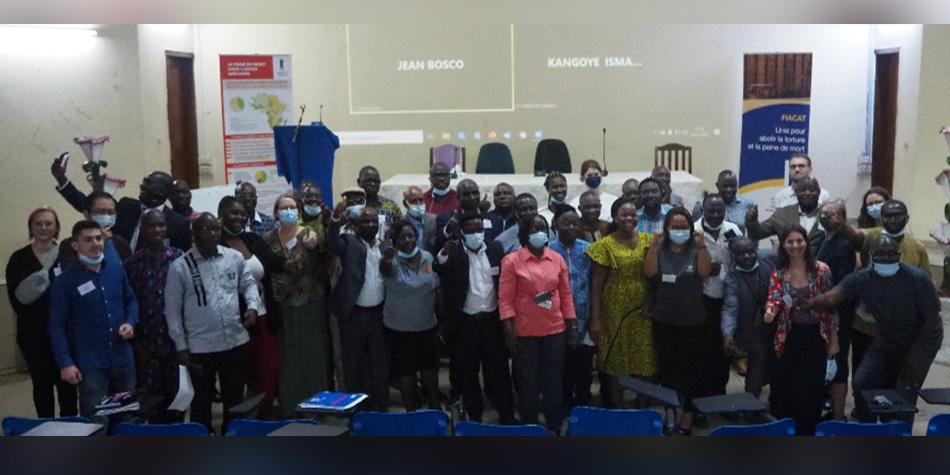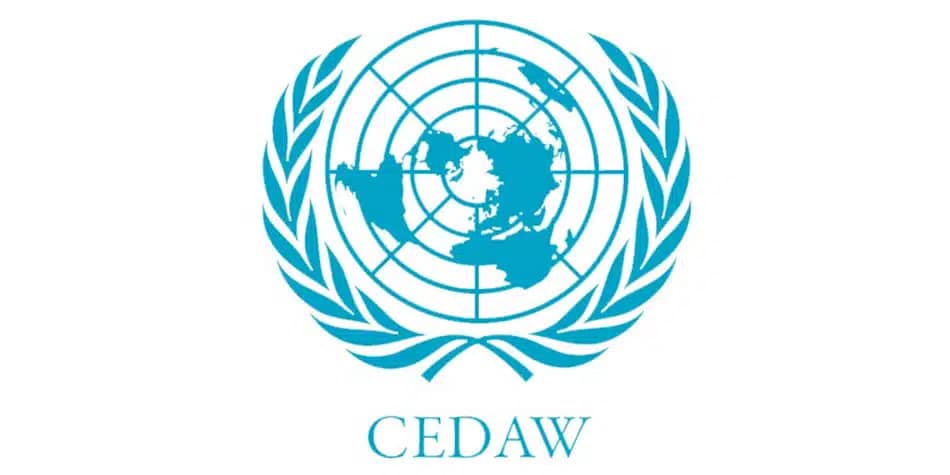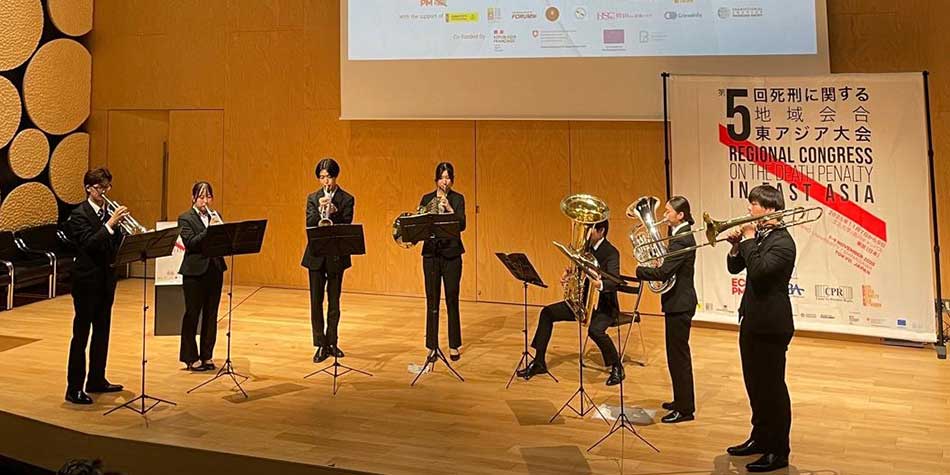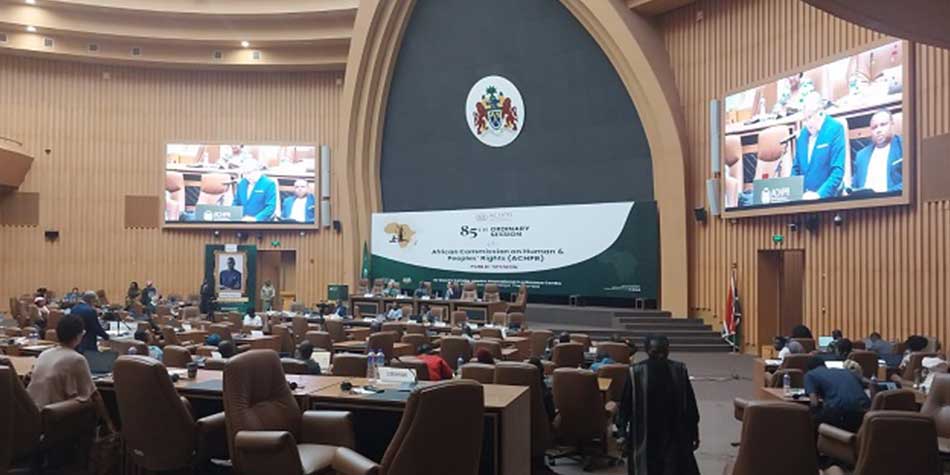
Capitalization workshop of the project for the abolition of the death penalty in sub-Saharan Africa
Africa
Member organizations of the World Coalition Against the Death Penalty and African ACATs (Action des Chrétiens pour l’Abolition de la Torture) met in Abidjan (Côte d’Ivoire) for the capitalization workshop of Phase 2 of the project for the abolition of the death penalty in sub-Saharan Africa, organized on 29 and 30 November by the World Coalition in partnership with FIACAT (International Federation of ACAT).
Despite the Covid-19 pandemic, member organizations of the World Coalition Against the Death Penalty and African ACATs (Action des Chrétiens pour l’Abolition de la Torture) met in Abidjan (Côte d’Ivoire) for the capitalization workshop of Phase 2 of the project for the abolition of the death penalty in sub-Saharan Africa, organized on 29 and 30 November by the World Coalition in partnership with FIACAT (International Federation of ACAT). A few member organizations were also able to participate in the workshop remotely. The objective of this workshop was to share the experiences of the project partners and to identify good practices and areas for improvement in view of the next phase of the project.
The first day dedicated to the activities carried out within the framework of the project
The work of this first day began with a welcome address by Wenceslas Assohou, President of ACAT Côte d’Ivoire, and the intervention of Mr. Constant Delbe, Director of Human Rights at the Ivorian Ministry of Justice and Human Rights.
This first day was dedicated to the capitalization on the project’s capacity building activities. The participants exchanged in breakaway groups on the activities carried out during the 2nd phase before a plenary restitution. Despite the Covid-19 pandemic that affected the project, many activities took place such as the training session in July 2019, the participation to the CADHP sessions and the publication of training manuals, etc. The participants then discussed the impact of the project on their financial capacities.
The second day focused on advocacy activities
The second day’s discussions focused on the project’s advocacy activities. Maya Sahli-Fadel, Chair, Carole Valérie Nouazi Kembeng and Kevin Mwangi, both experts respectively of the Working Group on the Death Penalty and Extrajudicial, Summary or Arbitrary Executions in Africa first presented the draft Additional Protocol to the Banjul Charter and the obstacles preventing its adoption. The participants then exchanged on the strategy to be adopted to revive the dynamics around the protocol. Finally, the participants took part in a practical workshop on advocacy at the United Nations.
Closing of the training and projection on the third phase of the project
After two intense days of exchanges and reflections, the workshop was closed by the presentation of the preliminary results of the external evaluation of the project by Gilles Durdu and by the closing words of Wenceslas Assohou (ACAT Côte d’Ivoire), Patrick Yeo (LIDHO), Connie Numbi (Vice-President of the World Coalition), Paul Angaman (President of FIACAT) and Mrs. Aimée G. Zébéyoux, special advisor to the President of the Republic of Côte d’Ivoire in charge of human rights.
The participants, happy to meet again after nearly two years of activities at a distance, appreciated these two days of experience sharing and reflection. Many of them indicated that they were able to strengthen their skills and identify good practices and areas for improvement, as this participant stated: “The workshop was also instrumental in assisting me evaluating the progress made in [my country] to complete abolition, what has worked and what has not worked”.
This workshop will also be useful for abolitionist actors during the 3rd phase.







